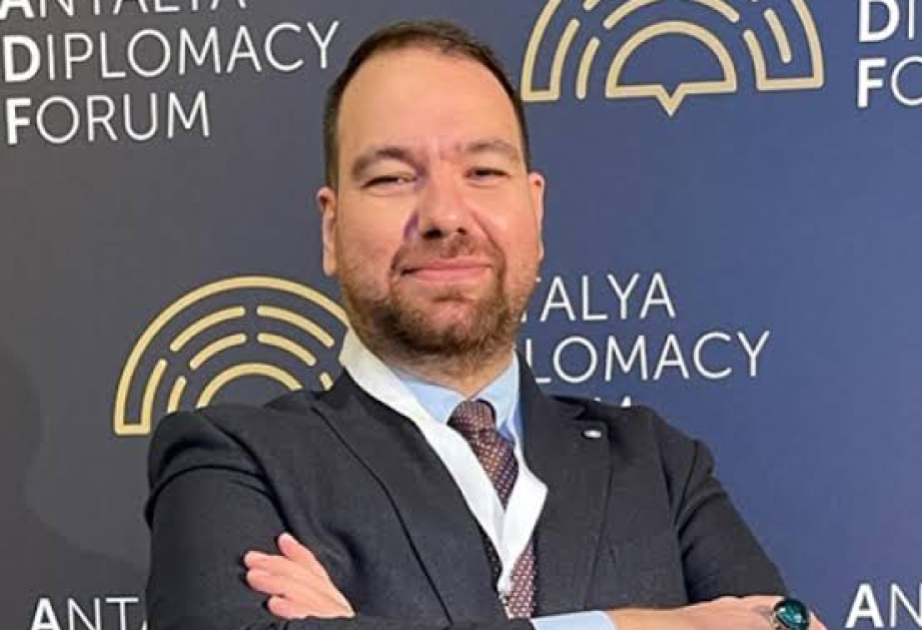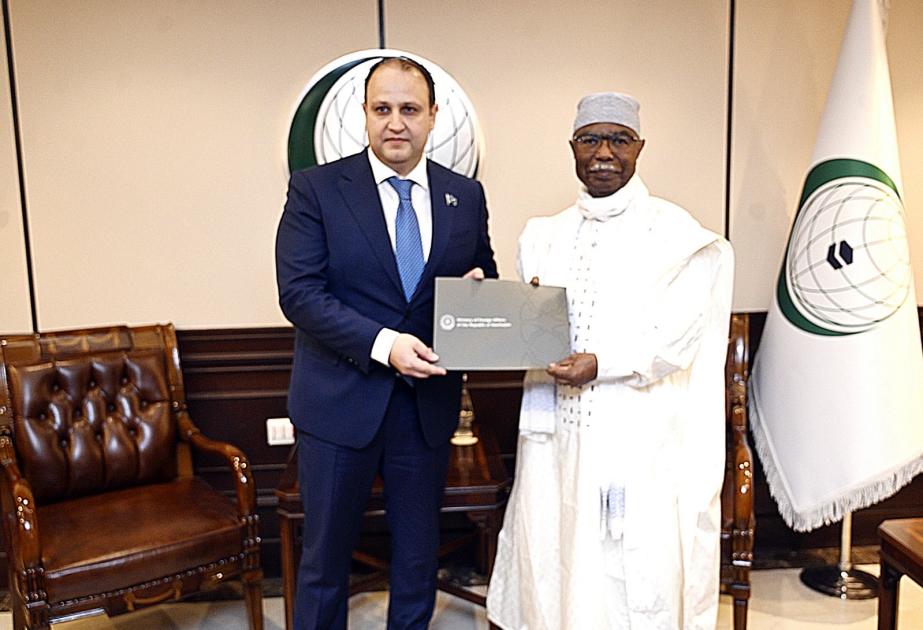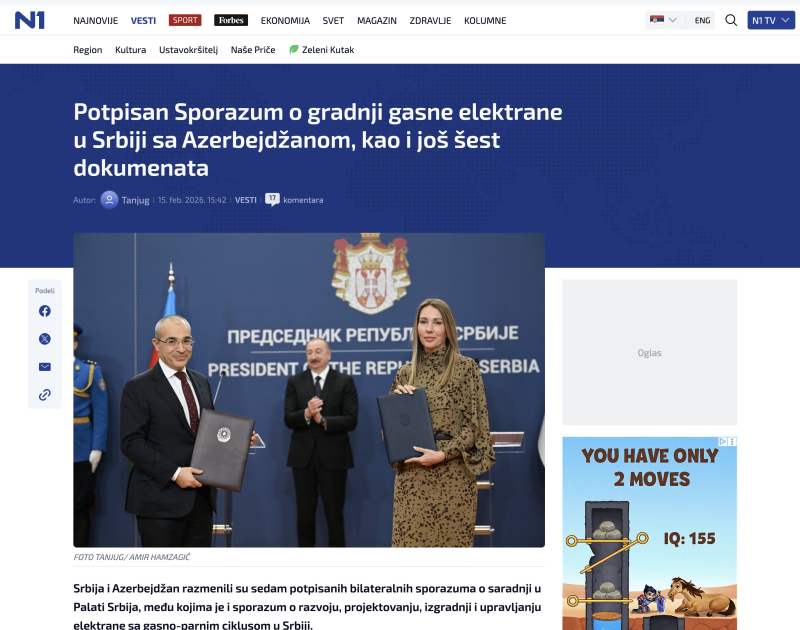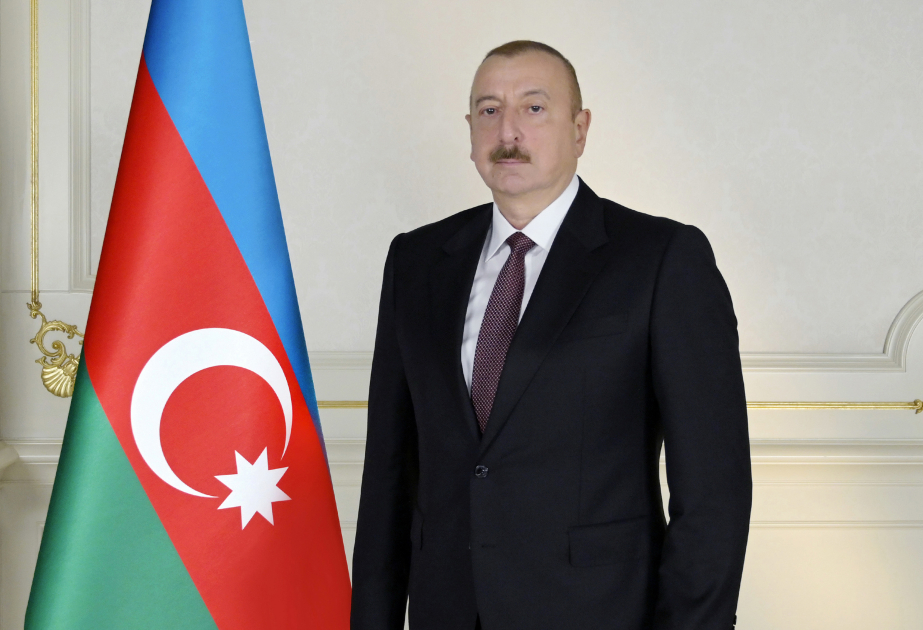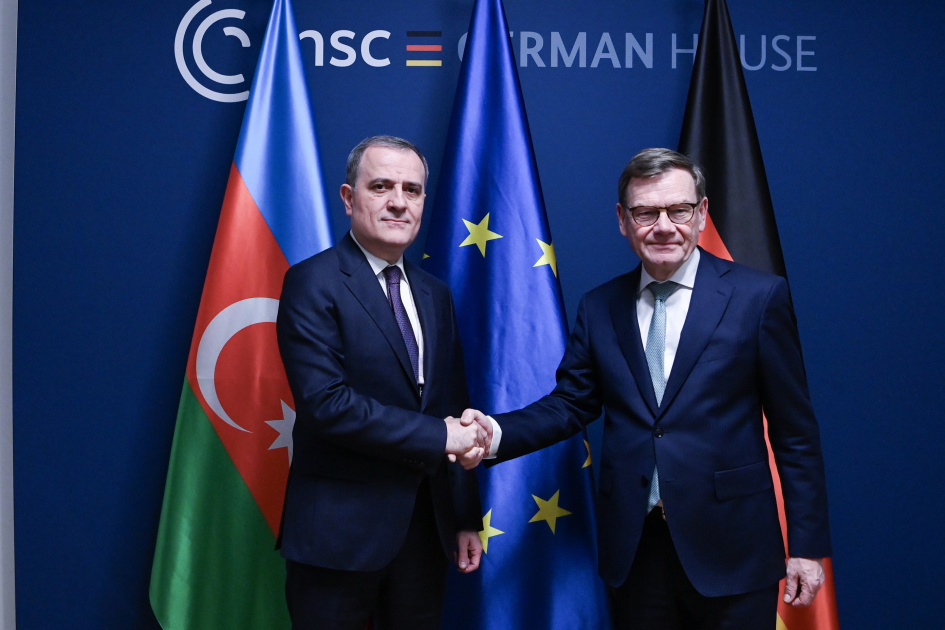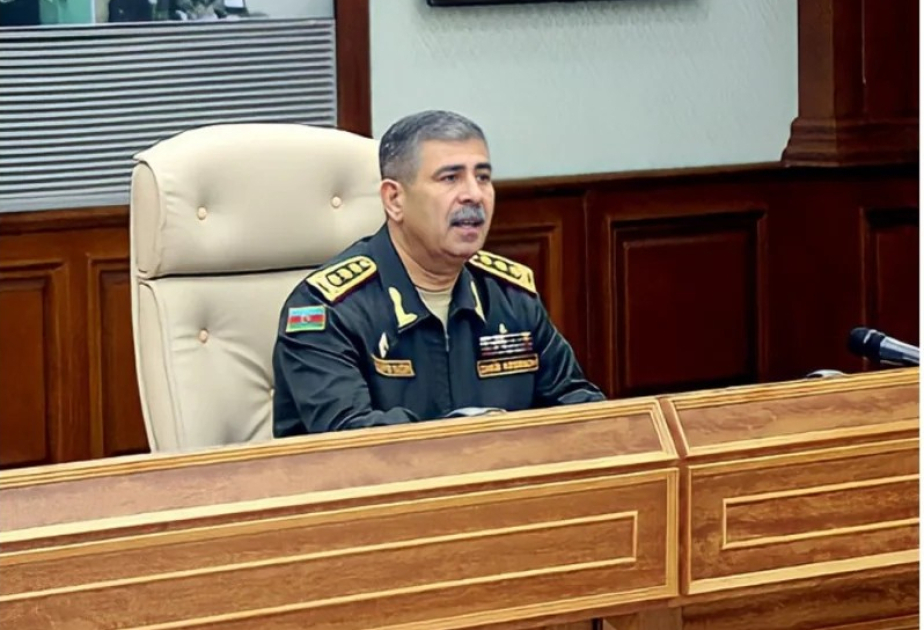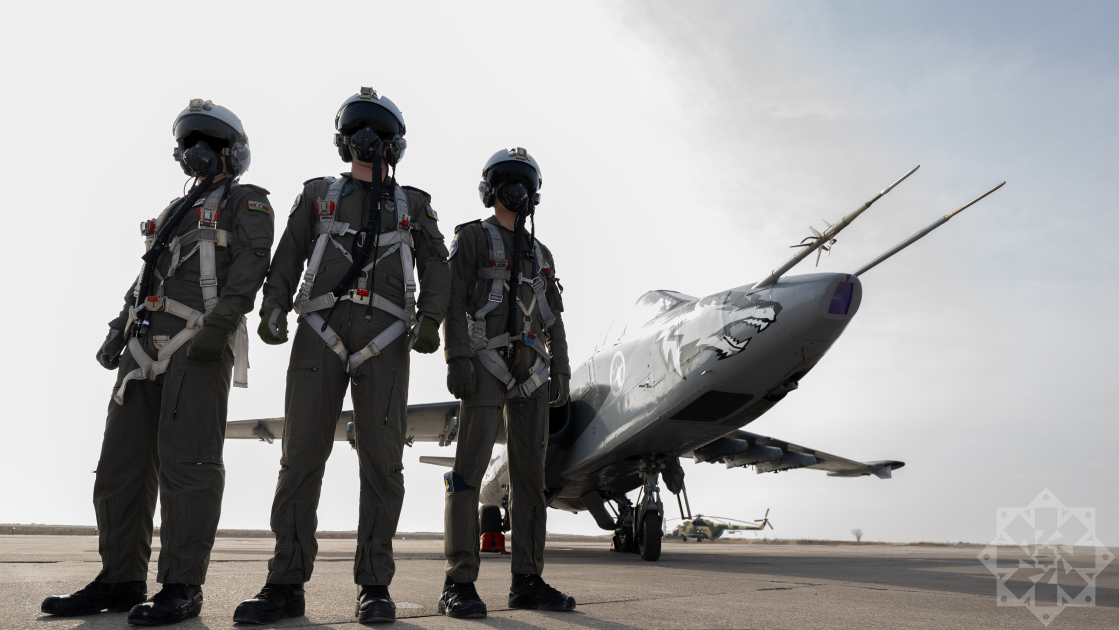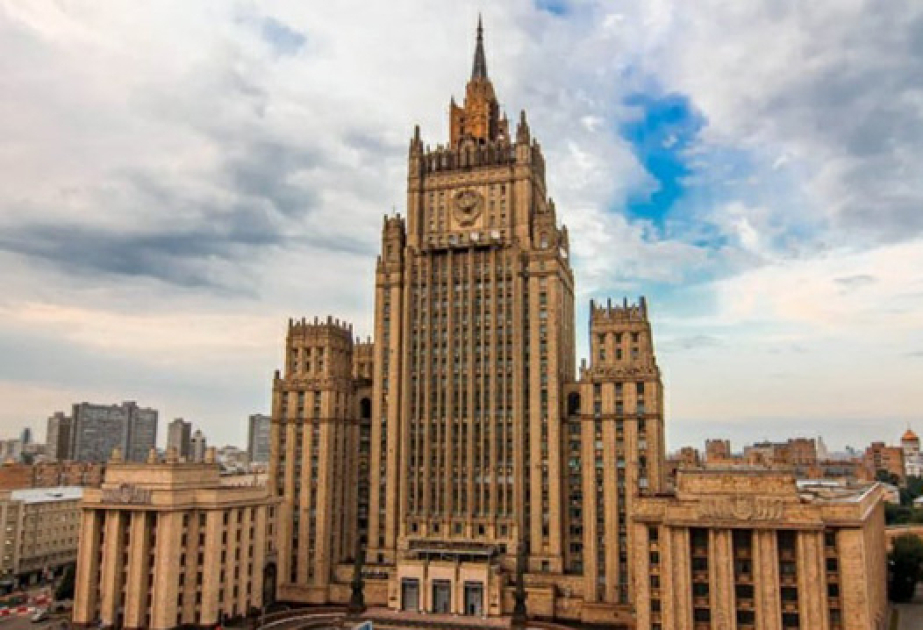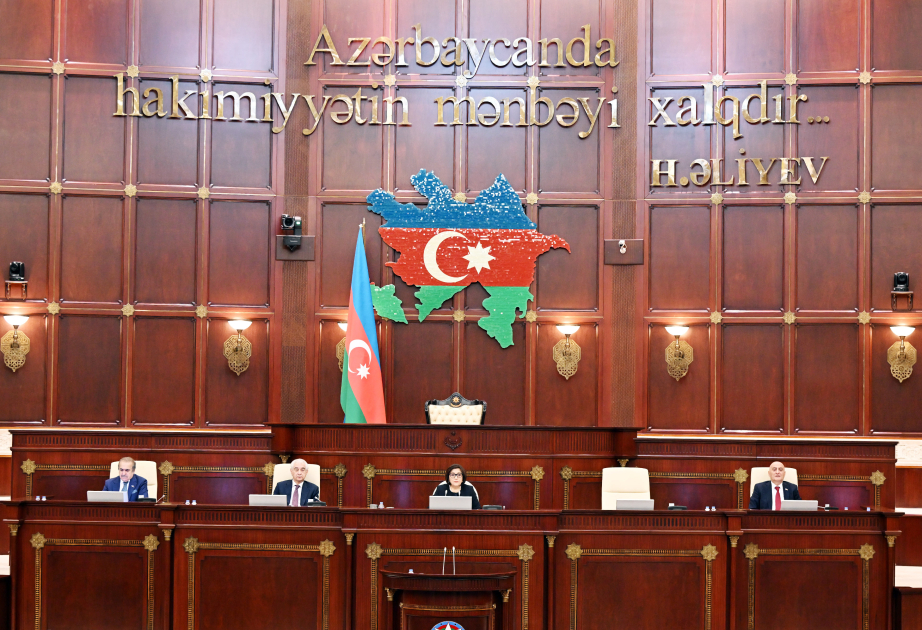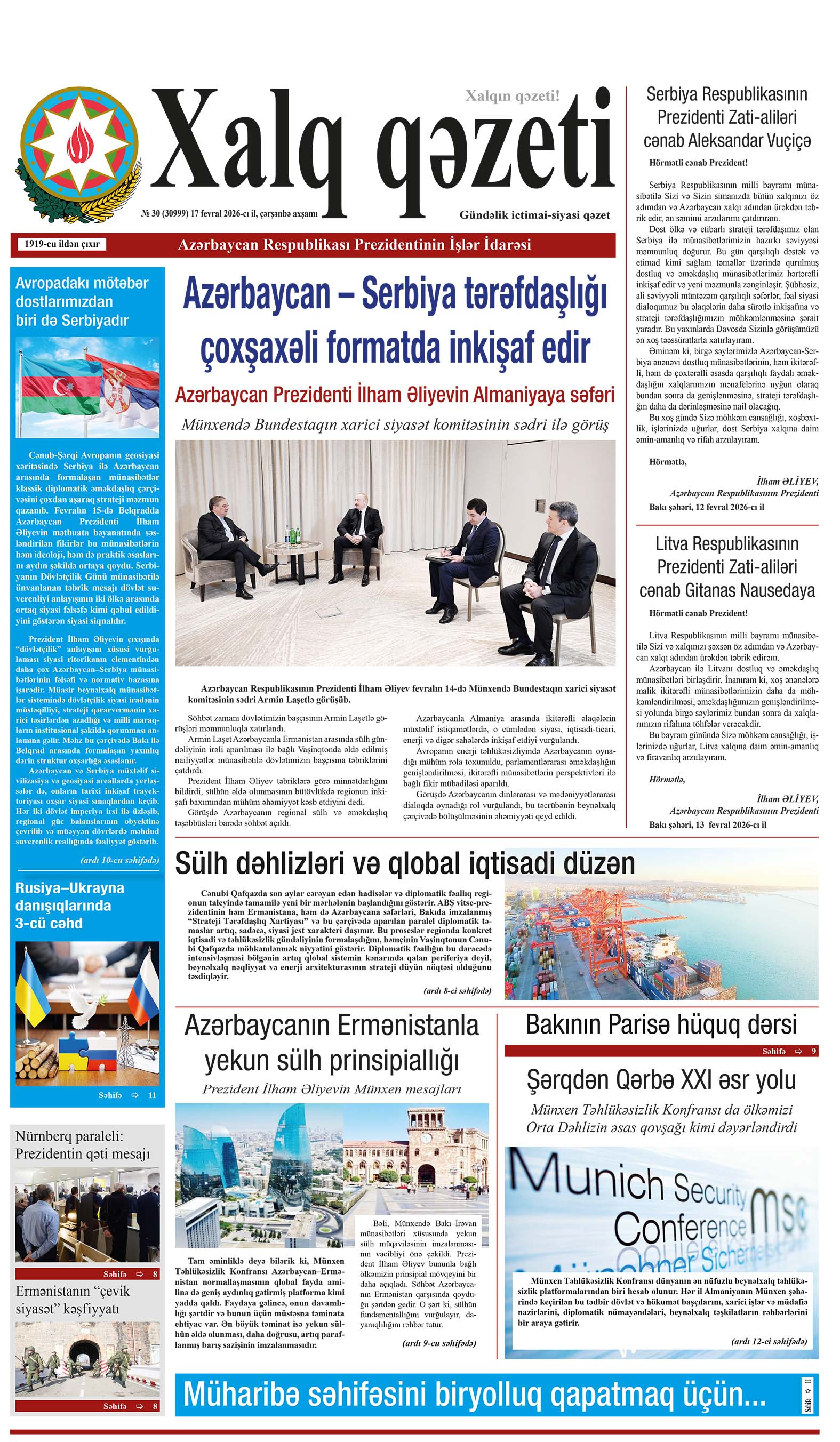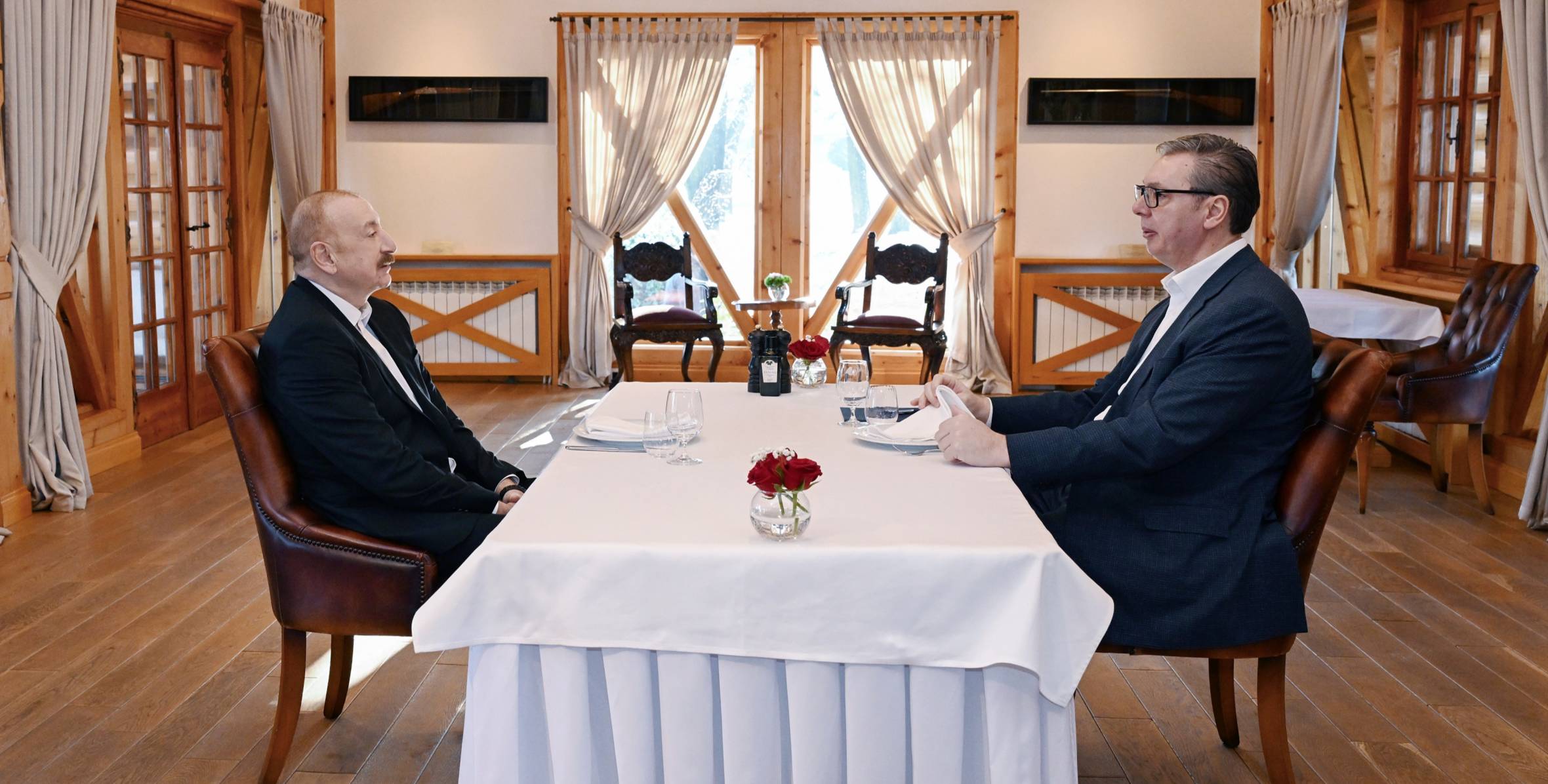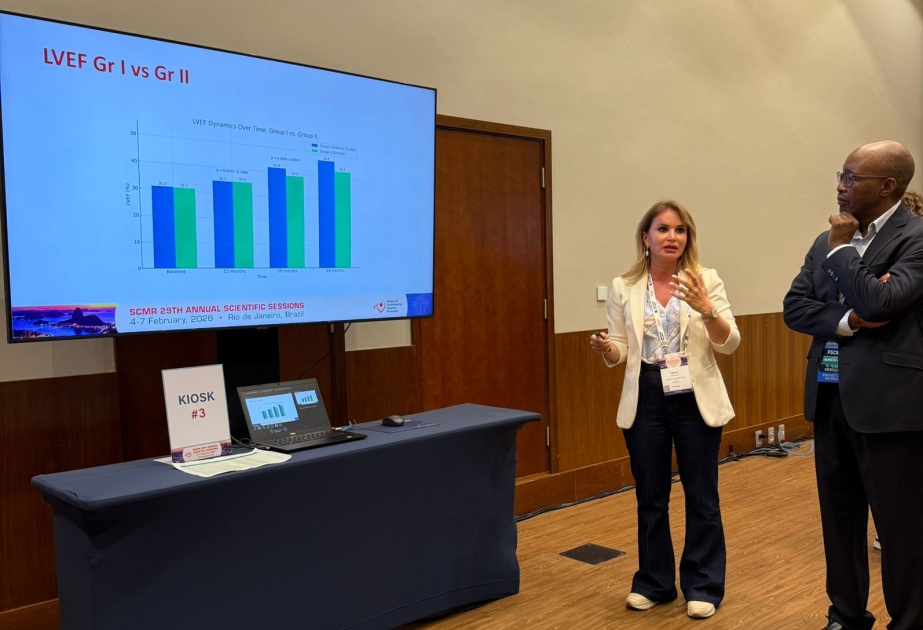The mutual commitment to achieving lasting peace between Azerbaijan and Armenia, demonstrated in Washington on August 8, marks a historic event for the future of the South Caucasus. In an era of deepening international conflicts and crises, this progress holds strategic importance for regional peace and stability. The decisive role of the U.S. administration is commendable. Additionally, Türkiye’s persistent diplomatic initiatives and President Recep Tayyip Erdoğan’s intensive leadership diplomacy for regional and global peace have significantly contributed to reaching this stage of the process, according to Erman Akıllı, a professor at Ankara Hacı Bayram Veli University and a researcher at SETA Foundation for Political, Economic, and Social Research.
He noted that this advancement in resolving a decades-long conflict reflects not only the parties’ commitment to peace but also the concrete results of Türkiye’s determined and constructive diplomatic efforts. According to Akıllı, Türkiye’s regional diplomacy under President Erdoğan’s leadership has strengthened the dialogue framework between Baku and Yerevan, fostering an environment of mutual trust. Since the Second Karabakh War, Ankara has kept the window of opportunity open, playing a leading role in creating mechanisms to keep Armenia at the negotiating table. Through these efforts, Türkiye has emerged not only as a mediator but also as one of the architects of lasting peace.
“At this stage, a historic opportunity has emerged for the South Caucasus to achieve peace and prosperity. Under President Recep Tayyip Erdoğan’s leadership, Türkiye will continue to fully support brotherly Azerbaijan’s dedicated efforts, propose constructive initiatives for regional peace, and maintain close engagement with the parties to advance the process. This diplomatic vision stands out as a model that strengthens stability and cooperation, not only in the Caucasus but also in surrounding regions,” the professor added.


